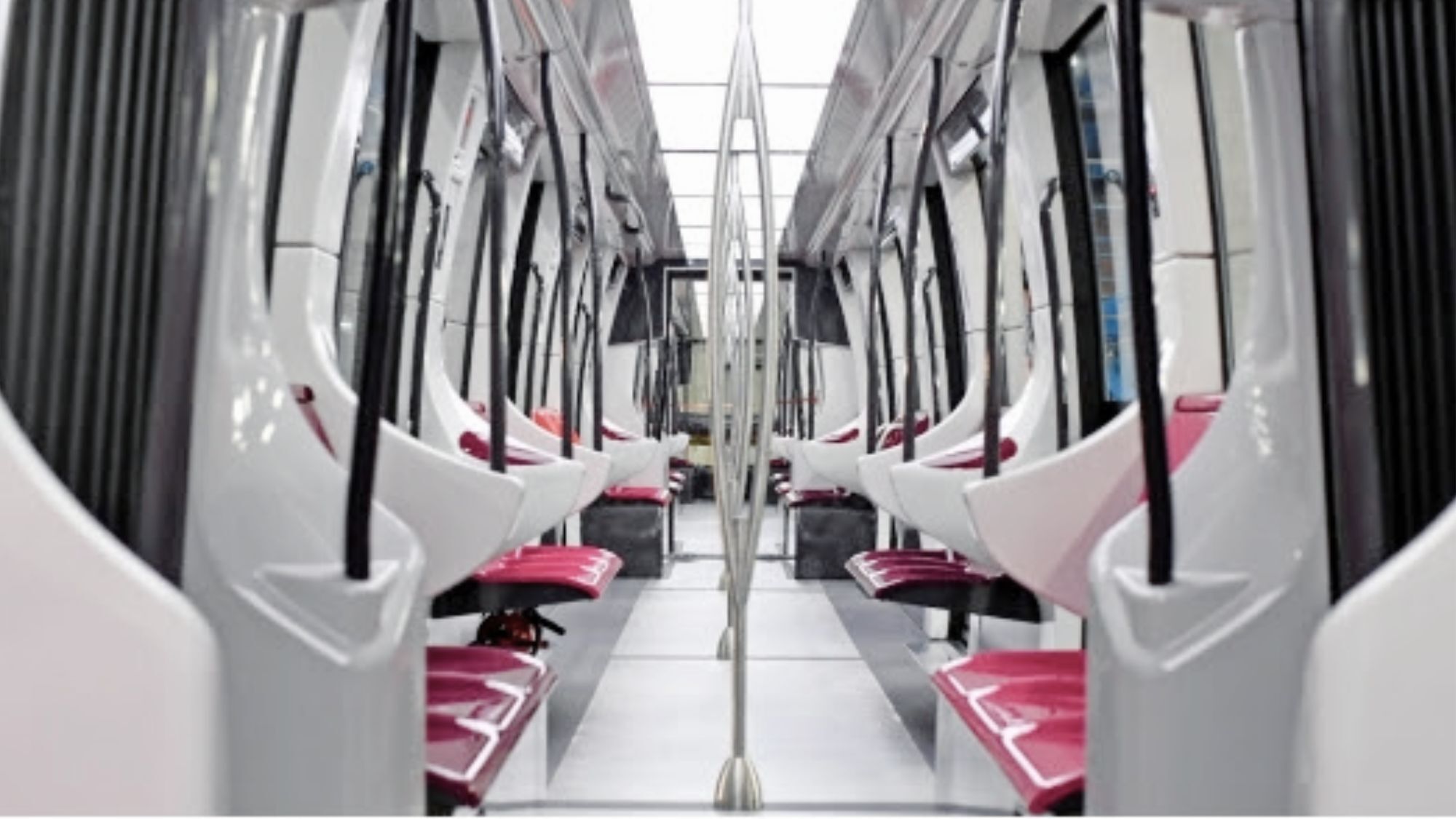No AC, not a bug: a strategic choice
The Metropolis made a decision back in 2012: the future BOA train sets (which will be double the size, planned for line 1) will have neither air conditioning nor cooling system. And this isn't an oversight: it's a deliberate choice that addresses several constraints. First, there are the tunnels: when underground, air conditioning the trains would mean heating the platforms. Literally. And the result, unfortunately, is excessive energy consumption (+10% estimated), heat trapped in a confined space, and ultimately, a counterproductive effect.
So, the MEL opted for a classic but optimized ventilation system, which meets current comfort standards. It’s the kind of compromise that isn’t too glamorous but is meant to be reasonable (on paper).
Voir cette publication sur Instagram
And what about the heatwave in all this?
This is where the debate starts to heat up (pardon the pun). Even though the decision was made over 10 years ago, we can't really say that the temperature in public transport has gone down since then. Yet, no heat-related reports have been made in recent years by Ilévia.
If you’re one of those who have already melted in the metro between République and Rihour, this news might not exactly bring you joy: climate-controlled alternatives aren’t compatible with the existing infrastructure. The industry experts consulted in 2022 confirmed it: no climate-controlled train could fit in the tunnel without completely redesigning it and blowing the budget.
A decision not so isolated
Trains without air conditioning aren’t just a thing in Lille. Toulouse and Rennes are facing the same issue with their VAL metros, built on similar principles.
On one hand, there’s a criticism of an outdated and disconnected measure. On the other hand, there’s a reminder of a logic centered around energy efficiency, in a context where the Metropolis prefers to invest in longer, more accessible, and modern trains (but not the freshest ones).
So, what’s next ?
The new BOA trains (52 meters long, just that!) will arrive starting February 2026. They will offer twice as many seats, smooth and open circulation without barriers, redesigned spaces for people with reduced mobility, information screens, and improved accessibility. All this for an average journey time of 26 minutes, according to current data.
Voir cette publication sur Instagram
On the tram side, good news: the future trains will be air-conditioned, equipped with USB ports, screens, and all the comfort you could wish for. But for the metro, we'll have to take a deep breath and hope the ventilation stands up to the challenge.
